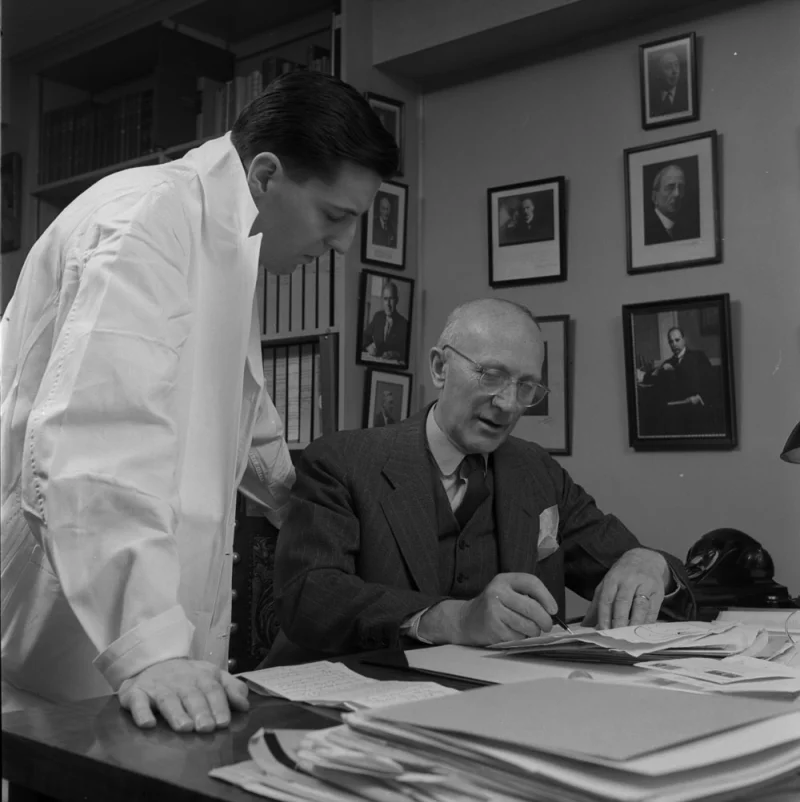Short Summary
Avicenna, also known as Ibn Sina, was a Persian polymath who made significant contributions to various fields, including medicine, philosophy, and science. Born in 980 CE, he is best known for his works "The Book of Healing" and "The Canon of Medicine," which were influential in both the Islamic world and Europe. His comprehensive approach to medicine and philosophy has earned him a place among the greatest thinkers of the medieval period.
Early Life & Education
Avicenna was born in Afshana, near Bukhara, in present-day Uzbekistan. He displayed remarkable intelligence from a young age, and by the age of ten, he had already memorized the Quran. Encouraged by his father, a respected scholar, Avicenna delved into various fields of study, including philosophy, natural sciences, and particularly medicine. His education was largely independent, though he later studied under renowned scholars of the time. By the age of sixteen, he had already gained a reputation as a physician and was treating patients with great success.
Career Highlights
Avicenna's career was marked by his extensive writings and his work as a physician and scholar. His early medical practice gained him access to the court of the Samanid dynasty, where he served as a physician. During his prolific career, he wrote over 450 works, with around 240 surviving to this day. His most famous works include "The Book of Healing," an extensive scientific and philosophical encyclopedia, and "The Canon of Medicine," which became a fundamental text in both Islamic and European medical education. His influence extended beyond medicine, as his philosophical ideas also contributed significantly to the development of Islamic philosophy.
Major Achievements
- Authored "The Canon of Medicine," a comprehensive medical encyclopedia that became a standard text in Europe and the Islamic world.
- Developed a systematic approach to medicine, emphasizing clinical trials and the importance of diagnosis.
- Wrote "The Book of Healing," a vast philosophical and scientific encyclopedia covering various subjects.
- Contributed to the development of early chemistry and pharmacology through his studies and writings.
- Influenced later Islamic and European philosophy, particularly through his interpretations of Aristotle.
Famous Quotes
- "The knowledge of anything, since all things have causes, is not acquired or complete unless it is known by its causes."
- "Medicine is the science by which we learn the various states of the human body, in health, when not in health, the means by which health is likely to be lost, and when lost, is likely to be restored."
Interesting Facts
- Avicenna wrote most of his works in Arabic, but also composed some in Persian.
- He was a pioneer in the use of experimental medicine and clinical trials.
- His "Canon of Medicine" was used as a textbook in European universities until the 17th century.
- He was a polymath, with interests ranging from music to astronomy and theology.
- Avicenna's work laid the foundations for modern psychology by exploring the connection between emotions and physical health.
Legacy / Influence
Avicenna's legacy is profound, with his works influencing both the Islamic world and Europe for centuries. His "Canon of Medicine" remained a central reference in medical education until the modern era. His philosophical contributions bridged gaps between Greek philosophy and Islamic thought, shaping the intellectual landscape of the Middle Ages. His emphasis on systematic experimentation in medicine paved the way for scientific methodologies used today.
FAQ
Q: Why is Avicenna famous?
A: He is famous for his contributions to medicine and philosophy, particularly for his influential works "The Canon of Medicine" and "The Book of Healing."
Q: What were Avicenna's main areas of study?
A: His main areas of study included medicine, philosophy, natural sciences, and mathematics.
Q: What language did Avicenna write in?
A: He primarily wrote in Arabic, although he also composed some works in Persian.
Q: How did Avicenna influence modern medicine?
A: His systematic approach to medicine, emphasis on clinical trials, and comprehensive medical texts laid the groundwork for modern medical education and practice.












